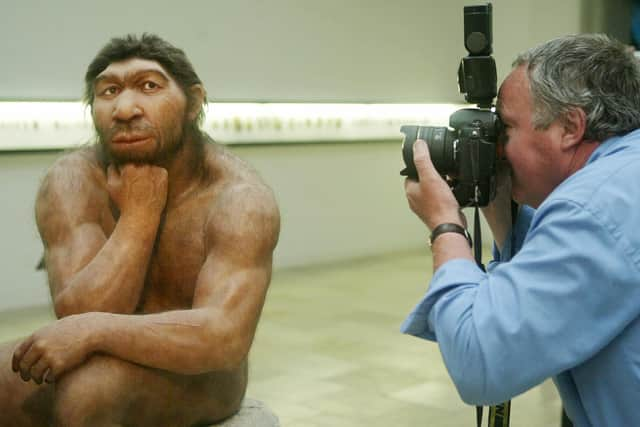Are you a morning person or a night owl? That may depend on what Neanderthal genes you have


Neanderthal genes could be the reason why some people wake up early. The origin of modern humans can be traced back to Africa 300,000 years ago, but when these ancestors moved north they interbred with Neanderthals - and traces of their DNA can be found in people today.
When comparing ancient DNA with the genetics of modern humans they discovered a "striking trend", said the paper's lead author John Capra, an epidemiologist at the University of California in San Francisco. They found that of the Neanderthal genes that remain, many affect the body clock, "increasing propensity to be a morning person", as Neanderthals lived at higher latitudes than our ancestors who migrated from Africa as the days are longer in summer and shorter in winter.
Advertisement
Hide AdAdvertisement
Hide AdThose with the gene make people early risers which "likely enables more rapid alignment of the circadian clock with changing seasonal light patterns", Dr Capra said - so Neanderthals were able to make the most of daylight hours to hunt.
The study was published in Genome Biology and Evolution, where the research aimed to see if there was a genetic reason for the differences in circadian rhythms and found 16 variants associated with greater "morningness" - the propensity to wake up early and if ancestors could have inherited Neanderthal "circadian variants".
To test this, scientists analysed the genetics of several hundred thousand people from the UK Biobank and found many of the variants that affect sleep preference - and consistently increase morningness.
Comment Guidelines
National World encourages reader discussion on our stories. User feedback, insights and back-and-forth exchanges add a rich layer of context to reporting. Please review our Community Guidelines before commenting.
